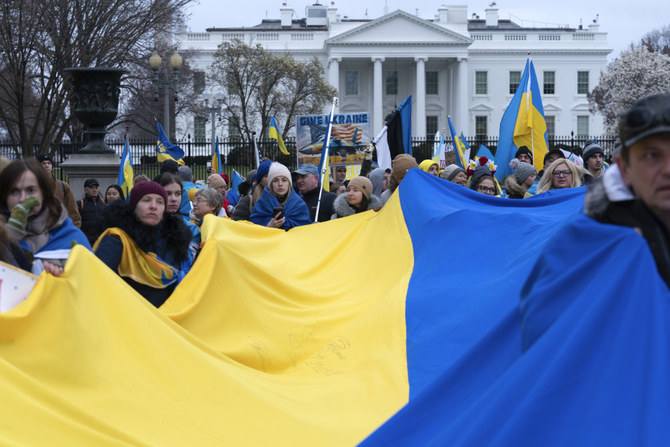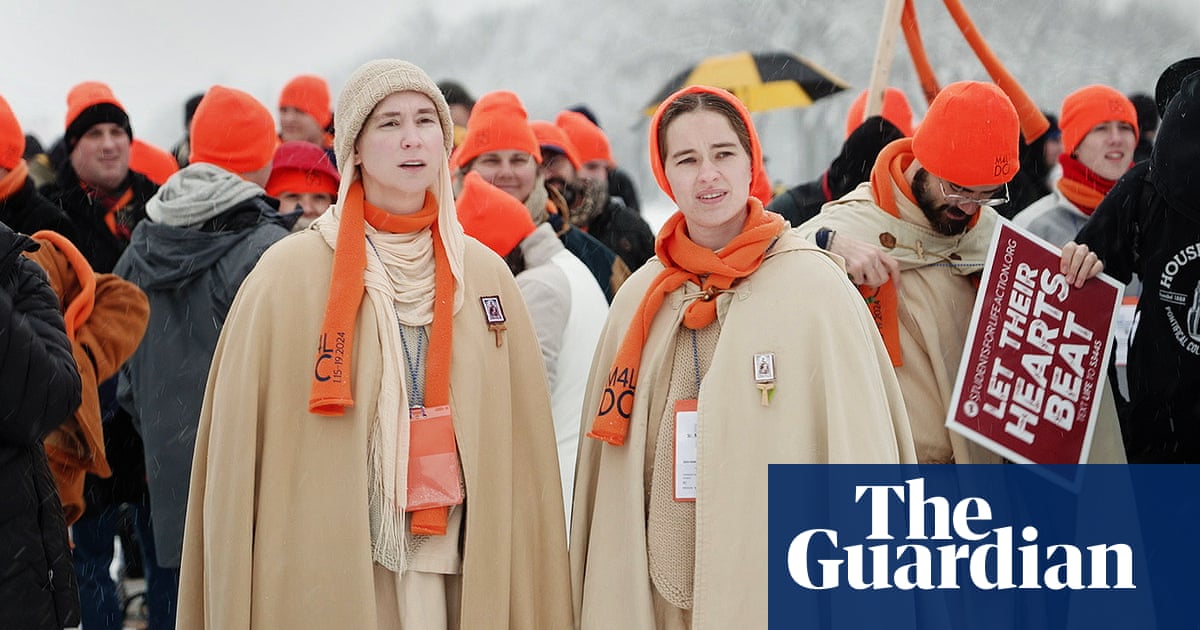
A year has passed since Russian military forces invaded Ukrainian villages and cities, with the help of a group of murderous mercenaries, forcing millions of residents, primarily women and children, to either flee their land to protect their families or stay to face the Russian missiles and explosives. Two options, the easiest of which is complicated and difficult.
Four days prior to the war’s first anniversary and on Presidents’ Day, US President Joe Biden made a surprise visit to the Ukrainian capital Kyiv to send a clear message to all parties involved that Washington is still committed to providing Ukraine with the political and military support it needs to end the Russian aggression.
However, it does not seem like the White House is eager to send F-16 fighter jets to the war-torn country, despite Ukrainian President Volodymyr Zelensky’s repeated calls for his allies to provide more sophisticated missile systems and advanced military equipment.
From Poland, Biden noted that the Russian president had misjudged the invasion of Ukraine by assuming that NATO would be divided over this issue, emphasizing that the international alliance has grown more substantial thanks to the expected additions of Sweden and Finland.
The American president put the ball in Vladimir Putin’s court when he spoke about any possible end to the deadliest war in Europe since the Second World War. “It’s simple. If Russia stopped invading Ukraine, it would end the war. If Ukraine stopped defending itself against Russia, it would be the end of Ukraine. That’s why together, we’re making sure Ukraine could defend itself,” he said.
On Friday, the UN General Assembly voted overwhelmingly to call for Moscow to withdraw its forces immediately and end its occupation of Ukrainian territories. The EU has also agreed to impose new sanctions against more Russian officials and organizations accused of supporting the invasion of a sovereign country, spreading Moscow’s propaganda and supplying drones that have been used to attack Ukrainian soldiers and innocent civilians.
American support for Ukraine is softening due to economic inflation and rising living costs.
Dalia Al-Aqidi
But how and when will this war end?
A year ago, Putin was adamant that his troops would overrun Kyiv, capture Zelensky and his allies, and appoint a pro-Russian government within days. However, the support of 50 countries and a series of military failures and losses thwarted Russia’s inaccurate initial plan, embarrassing and disappointing Moscow and making it more aggressive and brutal.
Back home, Biden has a considerable challenge ahead in 2024 to defeat his Republican rival and secure a second term.
But recent polls have shown that American support for Ukraine is softening due to economic inflation and rising living costs. Therefore, the administration ought to find a way to help negotiate a peace deal between the two countries in collaboration with other nations. Having the two sides sitting at the same table needs an international decision led by the US.
US citizens have started complaining about the billions of dollars being sent to Kyiv, while waiting for their children’s free school meals or working two or more jobs to afford their daily necessities.
Ukraine could cost Biden his job if he does not take quick action to end the European war and focus on other national and international challenges.
Dragging this war out is not in the interest of Ukraine, the US or the European nations that continue to be significantly affected and threatened by the bloodshed in their neighboring country.
• Dalia Al-Aqidi is a senior fellow at the Center for Security Policy.
Twitter: @DaliaAlAqidi












